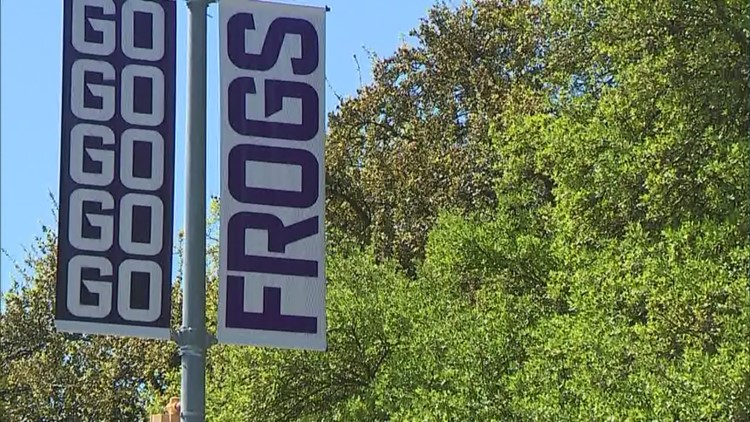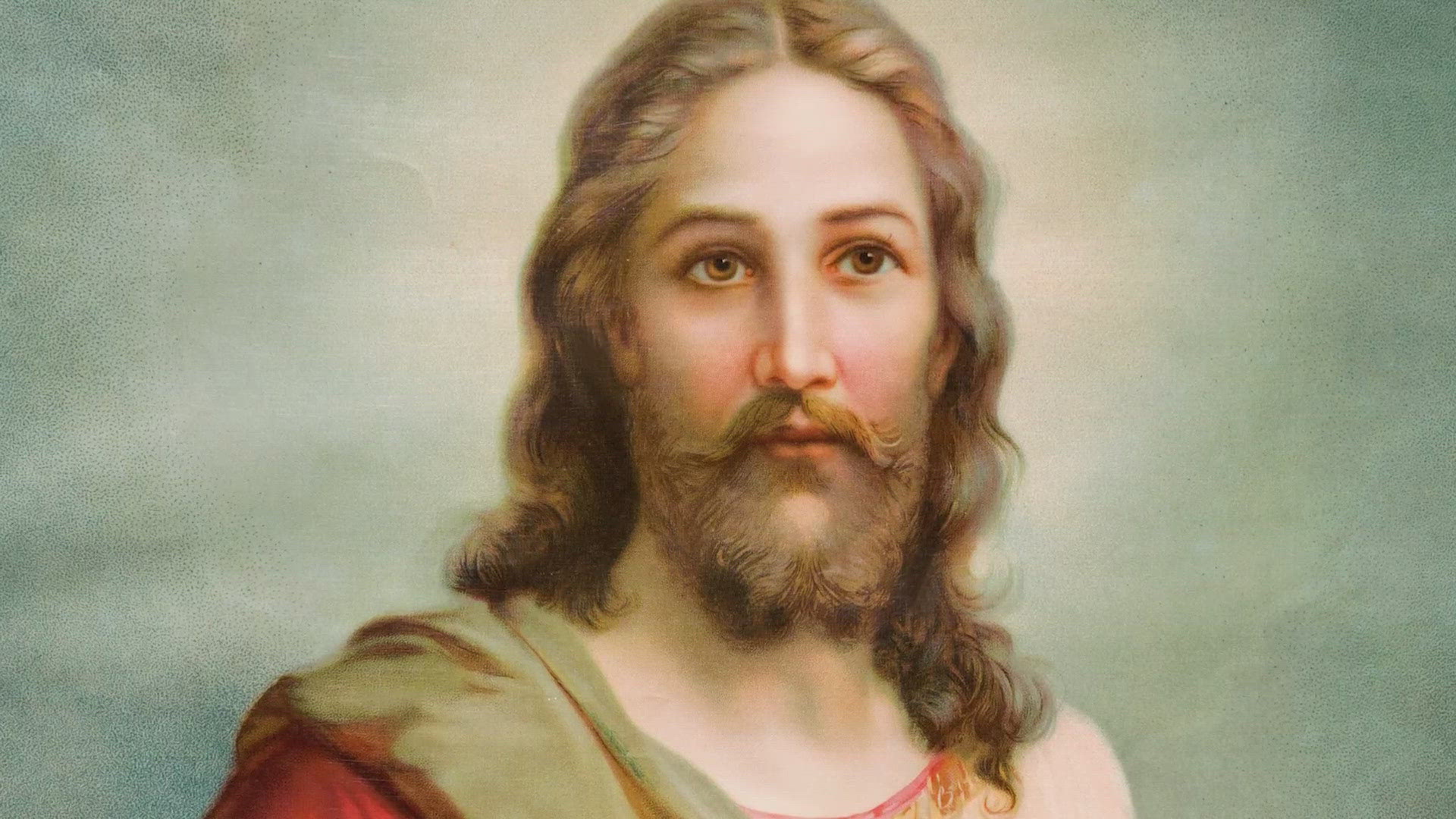Some Texas Christian University students and alumni believe the college's administration isn't doing enough to curb racism on campus and demand the removal of statues of the founders, who served in the Confederacy.
Local governments, businesses and other universities have pledged to adopt reforms in the wake of days of protests in response to the death of George Floyd while in Minneapolis police custody.
Bailey Betik told WFAA she was disappointed by the letter Chancellor Victor Boschini sent students on June 1 regarding racism and privilege in the U.S. So, the 2015 TCU graduate and Fulbright scholar launched an email campaign to ask the chancellor for more definitive action.
She was disappointed, again, when the chancellor responded to her.
"All I can say is that we have a ton of good-hearted people literally knocking themselves out on campus to help our marginalized -- and all for that matter-- students," Boschini wrote back to her.
"I am only one person and can only do so much," he continued in the email.
Betik said the response was reminiscent of the "all lives matter" rhetoric. She responded with a detailed email listing four action items she hoped the chancellor would consider to support black, indigenous and people of color on campus.
The items included acknowledging Black Lives Matter, modeling "effective allyship," providing measurable benchmarks on the status of demands black students made in 2016 and that the university acknowledge its ties to the Confederacy.
Boschini replied saying he felt she was trying to "bully" him into her views and that he could only control his actions and would "continue spreading love and understanding."
Betik did not feel that was an appropriate nor professional response, so posted the email exchange on Twitter.
"I love TCU and I think that they can do great things," Betik said. "Because of that, I think they can do better."
The chancellor would not comment on the email conversation, TCU spokesperson Holly Ellman said, but she did provide a university statement.
"TCU, Chancellor Boschini and all our university leaders are in support of our BIPOC students, racial justice and equality, and are committed to our diversity, equity and inclusion initiatives," the statement said.
'Disingenuous' leadership
The Coalition for University Justice and Equity, a "faceless, student-led initiative advocating for the needs of historically marginalized students and communities" at TCU, issued an open response to the school and Black Lives Matter on June 5.
The group said the university was "disingenuous" in its actions toward the black lives on its campus, using them "for good publicity, for recruitment, and for athletics," without listening to its students and acting upon what they had to say.
"The performative 'activism' of this university lacks actual leadership who will not explicitly and personally attach themselves and their constituents to actual statements and restorative work," the letter said.
The group held a protest on Tuesday to call out the university.
The letter lists myriad instances the group claims show TCU does not believe blacks lives matter.
"It's almost like, as a black student specifically, you have a dual experience," a representative for CUJE told WFAA.
She said many minority students have uncomfortable experiences on campus.
"To know that so many students come in, even myself, to be called the n-word, to hear people use microaggressions on a daily basis, to have your experiences invalidated, to see all of this money going towards events that don't necessarily cater to you...you're forced to take up some form of activism, in whatever way, or assimilate or kind of suffer in silence," she said.
The group also issued a list of demands in February, near the time discrimination lawsuits were filed against the university.
"I'm not resentful towards TCU in the sense that I'm not proud of the university and I'm not proud to be a Horned Frog, it's just that I want more," the CUJE representative told WFAA.
Confederate past
Randolph and Addison Clark, the school's founders, both served in the Confederate States Army as members of the Sixteenth Texas Cavalry during the Civil War.
CUJE wants to see the university acknowledge and reconcile with its past, placing commemorative plaques in place of the statues and noting the founders' history when they're mentioned.
"In regard to the statue of our founders, we have had discussions and will continue to explore the best way to acknowledge the complete history of our founders," said Ellman, the university's spokesperson.
The school does not currently discuss its ties to the Confederacy on the history page of its website.
Ellman acknowledged there is still more to be done.
"Together, we will address racial injustice and do more to support our BIPOC students," Ellman said in an email. "While we have made progress, we know that there is more work to do."
The university did create a Diversity, Equity and Inclusion Committee in 2016 to "build a campus community committed to growth in diversity and inclusion," Ellman said.
The committee made recommendations to Boschini in 2017, some of which were implemented, including the hiring of a director of Diversity and Inclusion Initiatives and the placement of a plaque in recognition of the Wichita and Affiliated Tribes whose land TCU is situated on.
In 2019, the committee conducted a campus-wide study of programs and initiatives, the findings of which were shared with campus leaders in February.
But members of CUJE, some of whom have been a part of DEI committees, don't feel its recommendations are fully considered, the representative for CUJE told WFAA.
"It's the university's go-to answer now when they're being held accountable for being a conduit for white supremacy, but it's been in place for years and it hasn't really made any systemic changes," the representative said.



